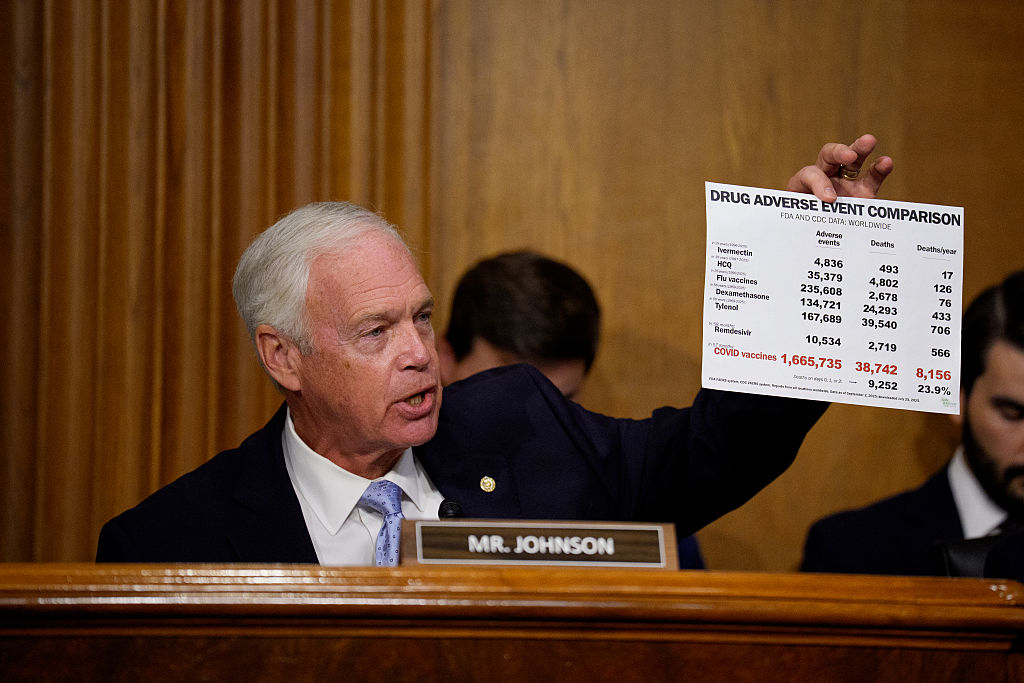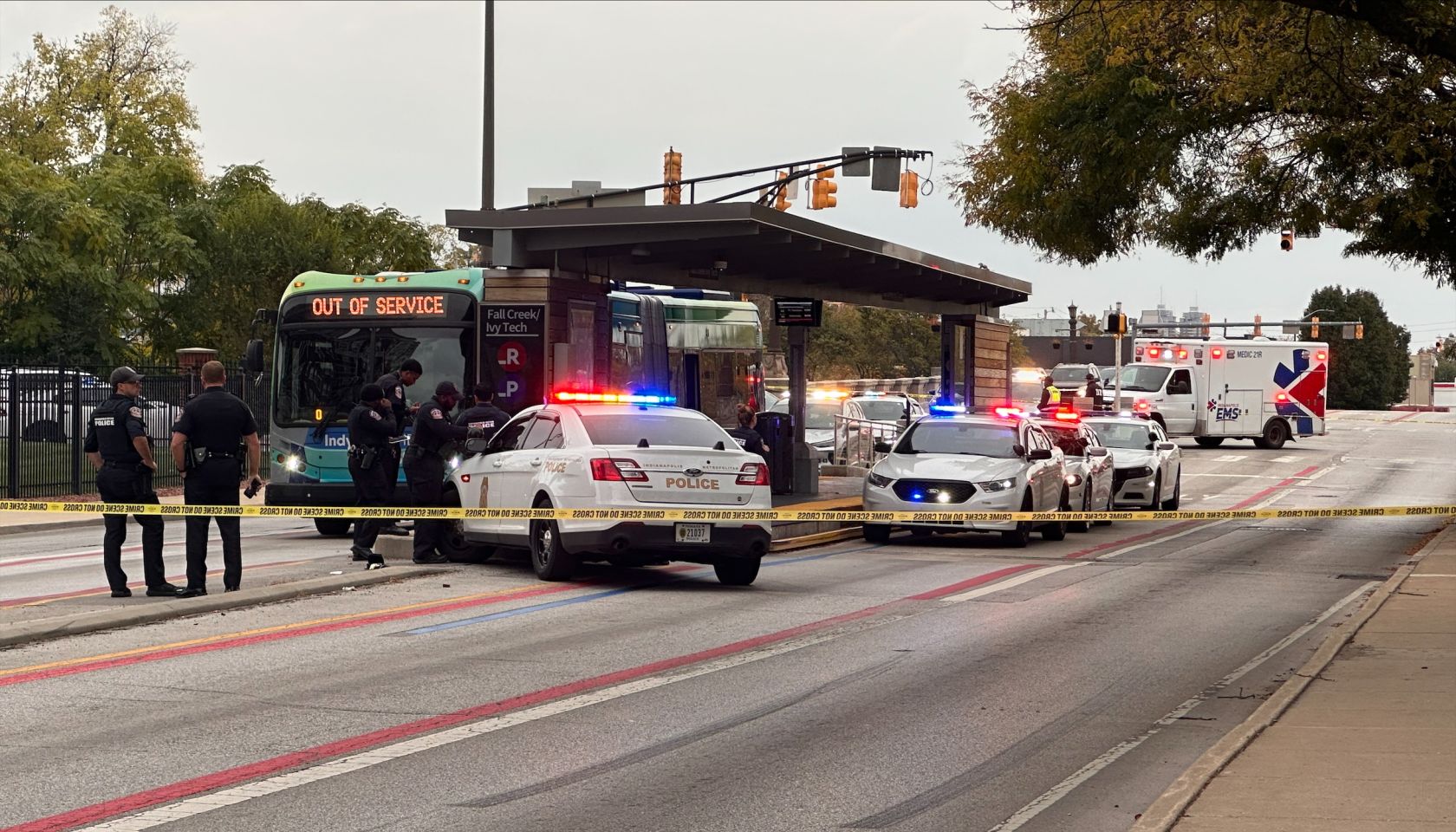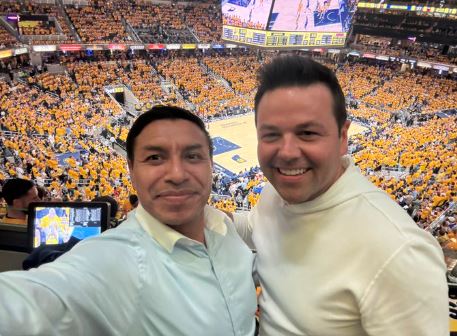Advocate: Politics, Pay Driving Indiana Teachers Out

MARTINSVILLE, Ind — Public education advocate Justin Oakley says a mix of political pressure, low morale, and shrinking budgets is driving teachers out of Indiana classrooms.
In an Interview with Indy Politics, Oakley accused the governor, lieutenant governor, and attorney general of turning educators into political targets.
“Within a day of taking office, they were attacking teachers—saying they have no free speech rights,” Oakley said.
He pointed to a memo from the Indiana Attorney General’s office that lays out case law the state claims limits what teachers can say. Oakley argues that the document leaves out important context. “We actually have case law that shows teachers do have free speech rights,” he said.
He believes unclear guidance on what’s allowed in classrooms is already silencing educators, especially in subjects like social studies and history. “I know great teachers who have retired or resigned because they were afraid to talk about events like January 6,” he said. “Who gets to draw the line on what’s allowed?”
Oakley said the bigger problem is money.
“We’ve had 15 years of budget cuts, and every school in the state is feeling it,” he said.
He pointed to billions pulled from public schools for vouchers and private, charter, and online programs. He also criticized changes to Indiana’s Teacher Appreciation Grant program, which now leaves most educators out. “Morale is already low, and then you tell teachers they’re not eligible for a $7,500 bonus—they get $500 instead,” he said. “It’s just one thing after another.”
Stagnant pay, Oakley said, is pushing educators into other jobs.
“I’ve been in this for over 20 years. I could go work at Aldi as an assistant manager and make more than a math teacher,” he said. “That should concern everybody.”
When he first entered the field, teaching jobs were hard to get. “When I applied in 2000, there were no social studies openings. You had to wait years. When I left, only one person applied for my job,” he said.
Now, many districts can’t find qualified candidates and are relying on people without licenses or experience. “Some districts are just grabbing people off the street and saying, ‘Hey, you’ve got a pulse and a bachelor’s degree, you can teach.’ Sometimes, not even that.”
Even with the frustration, Oakley says he hasn’t given up on public education. He’s urging communities and state leaders to take the situation seriously.
“We’ve got to start respecting teachers again. It’s not just about the money—it’s about treating people like professionals,” he said.











